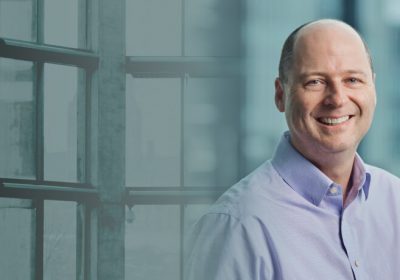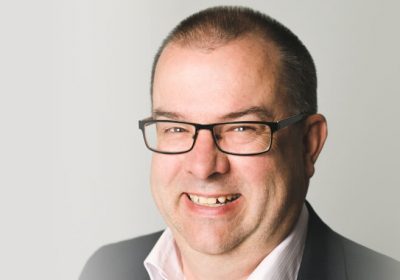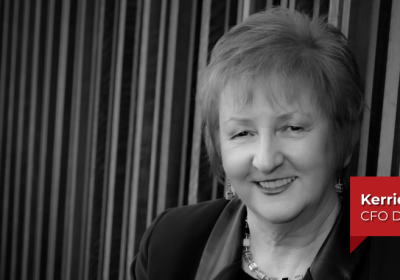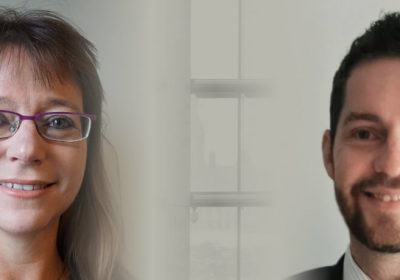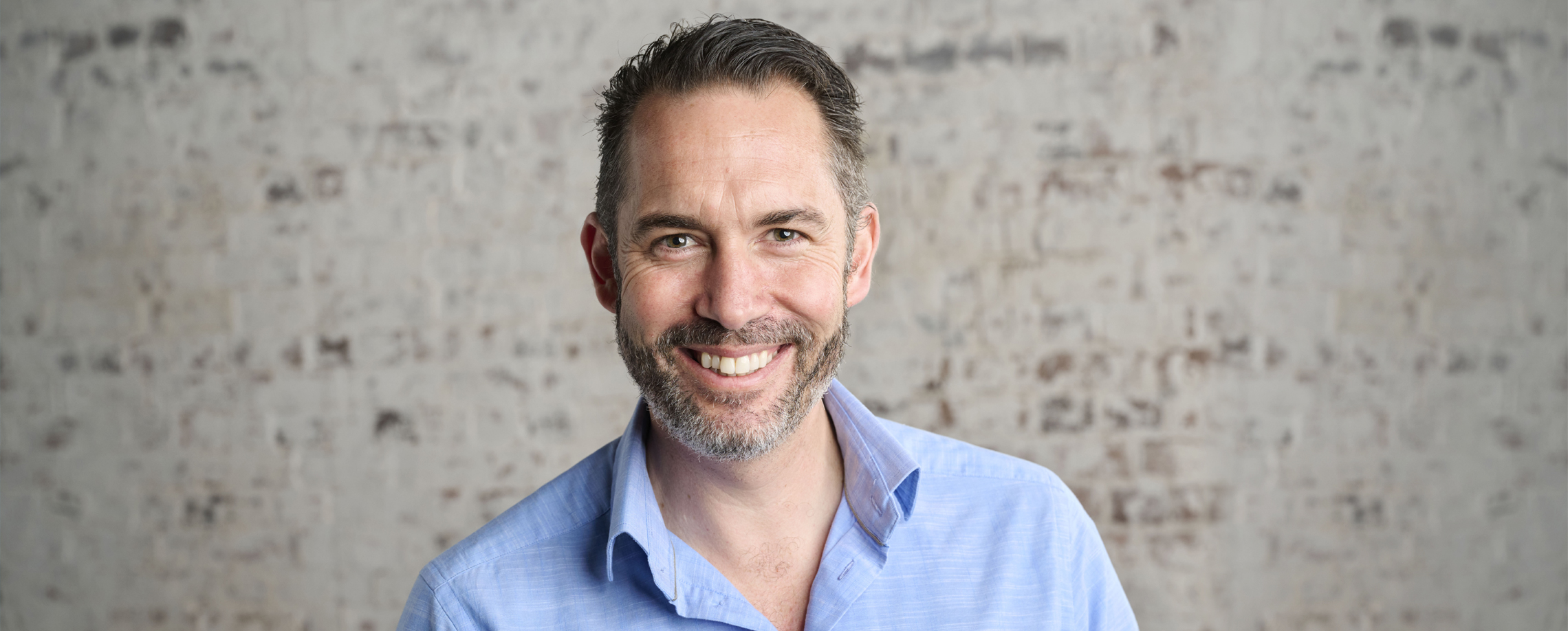
- Author: Jessica Mudditt
- Posted: September 7, 2023
‘Say no to say yes’ SiteMinder CFO leads pivotal efficiency program as company looks to profitability
SiteMinder is the world’s largest open hotel commerce platform and transacts more than 100 million reservations at over 39,000 hotels in 150 different countries every year. CFO, Tim Howard, explains to CFO Magazine’s Jessica Mudditt, how he is helping to steer the company to profitability for the first time.
Strong revenue growth saw hotel commerce software company SiteMinder increase its revenue by 30.5% to $151.4 million for FY23, while the number of hotels using its software rose by 13%.
In its July announcement, the company said that it expects to be profitable in the second half of this financial year, which resulted in shares rising by 22%.
SiteMinder Chief Executive, Sankar Narayan attributed the turnaround to the normalisation of global hotel bookings after the pandemic, a renewed go-to-market strategy and new efficiencies within the business. A cost reduction program also lifted the company closer toward the golden ‘Rule of 40’ – a popular growth metric among SaaS companies, which requires the combined revenue growth rate and profit margin to exceed 40%.
SiteMinder was founded in Sydney in 2006 and listed on the ASX in 2021. Its e-commerce platform allows hotels to sell their rooms on their own websites and through third parties, to grow their revenue. Its headquarters are in Sydney, with satellite offices in London, Bangkok, Dallas, Galway, Berlin, Barcelona, Bangalore and Manila.
SiteMinder’s business model has two components: a traditional SaaS (software as a service) subscriber model and value added-services through a transaction business model. SiteMinder’s business could have been entirely wiped out by the Covid-19 pandemic, but the mission-critical nature of its offering for hotels saw it successfully confine the damage to a 10% revenue hit and keep its revenue above $100 million.
The speed of its rebound took everyone by surprise – including its investors.
“People talk about the art of the possible, but I believe we’ve crossed into the art of the credible,”
Tim Howard, CFO | SiteMinder
“The market now believes in us. Until you have done something, nobody truly believes you. I’ve found this to be true in business and in life. And credibility is probably the most valuable attribute as a finance leader.”
Howard underscored the need for his finance team to communicate well and show empathy throughout the inherently challenging period of change.
“We were asking everyone to make certain sacrifices and trade-offs on cost in order to accelerate our journey to profitability. We explained the why – that we needed to reach profitability so that we could invest into the future and the next generation smart platform that we’re building.”
The first elements of the smart platform will be released in 2024, and it will add market intelligence and automation to the distribution capability that SiteMinder pioneered for hotels 17 years ago .
“Of course, nobody voluntarily says, ‘I can do more with less,’” adds Howard. “But if you can empathise and say we’re all doing this as a team, for a collective purpose, and this is why we need to make some trade-offs, people are much more willing to accept some changes. And instead of it being a negative thing, it can actually be a positive, because it feels like we’re in this together.”
Howard describes the period as a transformation rather than a turnaround. Moving to a new cost base meant making trade-offs. Nonetheless, Howard leveraged his prior experiences of turnarounds in previous roles to understand that his approach needed to be one that was intellectually honest.
“You can’t fool people through change management – you have to be level with them,” he says.
“That is how you establish trust and respect, and once you have that you can be much more open with people. The intellectual honesty in how you communicate is your currency as a finance leader.”
This is equally true for Howard’s conversations with SiteMinder’s CEO and board.
“The board is looking to the CFO to provide the brutal truth on what’s actually happening in the business. For example, our CEO, Sankar, will update the board on the business as it’s tracking the trends, customers and initiatives. Then he will defer to me to go into a bit more detail around what’s exactly happening on a historical basis on trends and forecasts. If you don’t believe that you can get there, you should not be having that in your forecast.”
Change is a constant
Along with credibility, adaptability is another critical attribute for a finance leader – and they need to be able to instill it in their teams. It means more than simply reacting to a changing landscape but to actively embrace it, says Howard.
Up until two years ago, venture capitalists welcomed a capital raise because it provided an opportunity to value an asset and then as it was typically increasing its value, its market value could also increase.
“You didn’t have to make tough choices, because the cost of being wrong was so low, and the cost of capital was close to zero,” says Howard. “That was never a viable economic landscape. The pendulum has switched the entire opposite way. Losing money is no longer fashionable.”
The reckoning that occurred in the tech sector was both necessary and beneficial, he adds.
“The rationalisation of spend and investment makes a company clear on priorities. Instead of trying to do 15 things at once, it is necessary to set the boundaries of what you can do really, really well.”
Howard drew on his experiences at Apple, where he learnt the value of making difficult decisions. It was also instilled in him that saying no to many things meant being able to say yes to something truly important further down the track. Rather than treating these inherently tough conversations with business partners as a transaction, he sees it as an opportunity to further a business relationship. Empathy is critical.
“First of all, understand what it is they are asking for. Instead of just saying no, see if there is a different way of solving their problem,” he says.
“Let’s say it’s a team event they’re wanting to organise. Is there another way of bringing the team together? If it’s an investment, think about whether there is a different way of getting the same awareness. Make it clear that ‘no’ doesn’t usually mean ‘no’ forever. There may be a chance to look at it again in six to 12 months.”
Growth with profit
In the tech industry, being a growth-focused company is critical to attracting top talent. But the need to calibrate growth with profitability during these uncertain times is a key test of leadership for any CFO.
SiteMinder has more than 39,000 hotels using its software out of a total addressable market of over a million. Three quarters of the world’s hotels are small independent businesses, with many having less than 20 rooms. The opportunity to help them transform their processes and become more competitive is enormous, says Howard. As is the opportunity for SiteMinder’s growth.
“Many of these small hotels are still running on pen and paper bookings, with all the double bookings and administrative mess that this creates. The market is still in the early stages of the tech evolution and it’s incredible to be a driving force in that journey through automation.”
SiteMinder can remove the administration-related headaches and help them with pricing through market intelligence and rate management, which drives up revenue.
Swimming, not drowning in data
During his 25 years in finance and private equity, Howard has seen finance move from being an accounting profession to a commercial leadership position. One of the reasons for that is because finance has “the complete view of the waterfront.” All aspects of the business are visible to the CFO, and objectivity in interpreting data and identifying solutions is ingrained.
Finance teams are uniquely positioned to drive constructive change due to the millions of data points available to them – but there is also a risk that a CFO can be paralysed by an abundance of numbers.
“SiteMinder has an amazing business intelligence platform. It was gifted to me by my predecessor Jonathan Kenny, who is now the chief operating officer,” he says. “There’s no shortage of numbers in this business. But when you have this much data, you can drown in it. It’s when paralysis of choice can kick in.”
It is therefore essential for Howard’s finance team to get in front of the data by identifying the fundamental problem that needs to be solved. When someone asks his team for data, it isn’t data for data’s sake – it is to find a solution. Rather than simply providing the data, Howard coaches his teams to start a conversation and ask the right questions.
Howard quotes an expression made famous by Steve Jobs to sum up how he feels about his role at SiteMinder.
“Steve Jobs used to say that you can only connect the dots backwards in your career, so you’ve got to trust your instincts and intuition. I’m so glad I did, because I can now see my career was building to a point where I’d find the right company at the right place, at the right time. It’s one of those times in my life when I’m all in.”
Top career tip from SiteMinder CFO, Tim Howard
“Your personal brand as a finance professional needs to be about more than just transactions. You can’t be seen as mechanical in your role. If you would like to advance your career within finance and outside finance, such as a CEO role one day, have a brand that is always trying to solve problems for other people. Look at every interaction you have with someone as a chance to build a relationship.”



